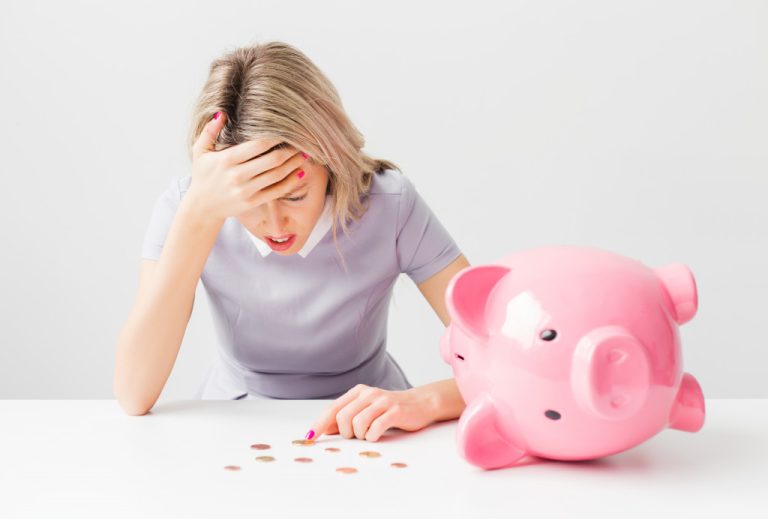Suppose you have debts piling up and don’t know how to pay them off; keep in mind that you’re not alone. Many people these days can’t seem to figure out how to live their lives without worrying about the loans under their names. From student loans, credit card bills, and personal debts, people struggle to attain a life free from loans.
But here’s the thing, paying off debts requires a strategic approach. You’re drowning in debt because your income is not enough to support your needs, and that’s where you need to start planning.
Before anything else, you need to identify the kind of loans you have – whether it’s student loan debt, mortgage debt, or credit card debt – then determine how much you can pay with what you have. You need to understand the type of debts you have to pay and their respective amounts to create a personalized for paying them off.
Step 1: Create a Budget
Proper budgeting of your income is critical to pay off your debts without sacrificing your monthly expenses. Even though you need to pay off your loans, you still have bills to pay and food to put on the table.
Create a budget so you can track your monthly income and expenses. It would be helpful to consider using mobile apps for budgeting. They can help you put your priorities first. Budgeting at first can be overwhelming, but you’ll notice its importance once you see the positive changes in your finances.
Step 2: Prioritize Expensive Debts
Sort all your debt interests from highest to lowest. From there, work on paying off the most expensive loan first. Doing this gives you the chance to pay off the loan with the highest yearly percentage rate without sacrificing the payments for your other loans.
Step 3: Pay More If You Can
Paying more than the required minimum is beneficial in the long run. It’s also a great way to decrease your overall debt significantly. Many experts suggest that paying more than you should is the best way to manage debts as it offers a long-term financial solution.
Concerning this, there are now several ways to pay your monthly loans. Indeed, traditional methods may seem safer, but LoanPaymentPro offers a more sophisticated method that provides convenience and security.

Step 4: Stop Using Your Credit Card
If the cause of your overflowing debts is excessive use of credit cards, it would be wiser to stop using them in the meantime. Make it a habit to pay in cash until you finish paying off your debts. Keep in mind that the more you use your credit cards, the higher the interest amount. As a result, your debts will also go higher.
Step 5: Delete Your Credit Card Details From Online Stores
If you are an avid online shopper, there is a high chance that you have input your credit card details on some websites. People usually do this to simplify the checkout processes every time they shop.
However, leaving your credit card information online can also tempt you, persuading you to purchase things you don’t even need. So make sure to delete that information and unsubscribe yourself from newsletters and promotions to reduce the need to window-shop.
Step 6: Change Your Spending Habits
Sometimes, people swim into debt because of their bad spending habits. If you are in this mess, remember that this results from your actions and routines. Take the time to think about how you spend your money daily, weekly, and monthly. If possible, change some habits that push you to keep spending.
For example, instead of eating takeouts for lunch, bring your lunch. And instead of buying expensive latter every morning before you go to the office, learn how to craft your beverage at home.
Step 7: Get a Side Job
The best way to afford to pay all your expenses and your debts simultaneously is to increase your income. If your monthly salary is insufficient for your needs, that’s an indicator that you need a new source of money.
Get a side job, start a small business, or offer your skills and services for a specific fee. Do anything you can to add more to your income and prevent yourself from borrowing money just so you can pay off your debts.
It’s vital to pay off your debts to ensure a high credit score. This score will help you score great interest rates in the future should you wish to purchase a home or a car for your family. Plus, it indicates that you are handling your money well.



